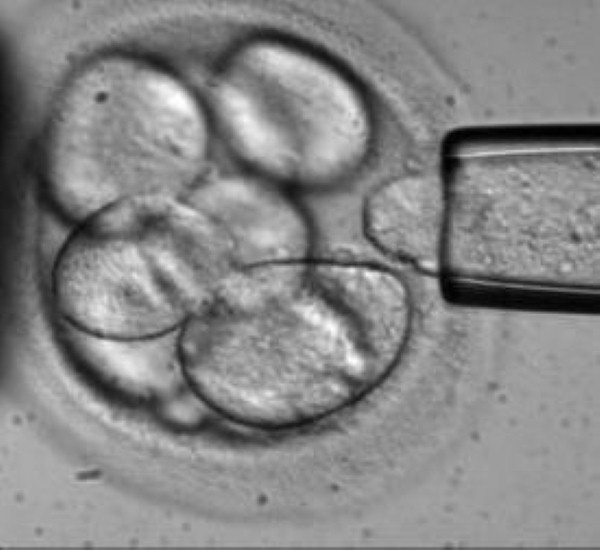Chancellor George Osborne used his 2014 Budget to help promote British science, announcing extra investment in stem cell research and postdoctoral training.
Some £55 million is to be provided to fund research into stem cells, establishing a Cell Therapy Manufacturing Centre to help treat a wide range of degenerative diseases.
The government said that while the UK has a leading position in stem cell therapy research, its manufacturing capability is limited.
It is expected to create 100 jobs at the Stem Cell Therapy Catapult, while firms using the centre are expected to generate £1.2 billion of revenue by 2020 – 80 per cent via export.
Keith Thompson, the chief executive of Cell Therapy Catapult, said the decision to establish the manufacturing centre showed the potential for growth this industry has in the UK.
The UK's Bioindustry Association (BIA) welcomed the announcements and Steve Bates, BIA chief executive, said: "Today's announcement by the chancellor of £55 million to build a large scale cell therapy manufacturing centre is fantastic news.
"The centre will help establish the UK as global centre for cell therapy manufacturing. This will ensure that this high value manufacturing industry of the future will reside in the UK and so will the value and jobs created by it."
The Cell Therapy Catapult, which is to manage the funding, was established in 2012 to help grow the UK cell therapy industry.
Mr Osborne also announced investment worth £106 million aimed at strengthening the UK's science, technology, engineering and mathematics capabilities.
It is to be spent over the course of five years at 20 new centres for doctoral training, helping to equip 750 postgraduates with the skills they need to meet the demands of industry.
A number of other measures were announced by the chancellor to help boost UK businesses and manufacturing.
There is to be an expansion of apprenticeship grants, supporting more than 100,000 work placements.
Mr Osborne also announced a doubling of the investment allowance against corporation tax to £500,000.

